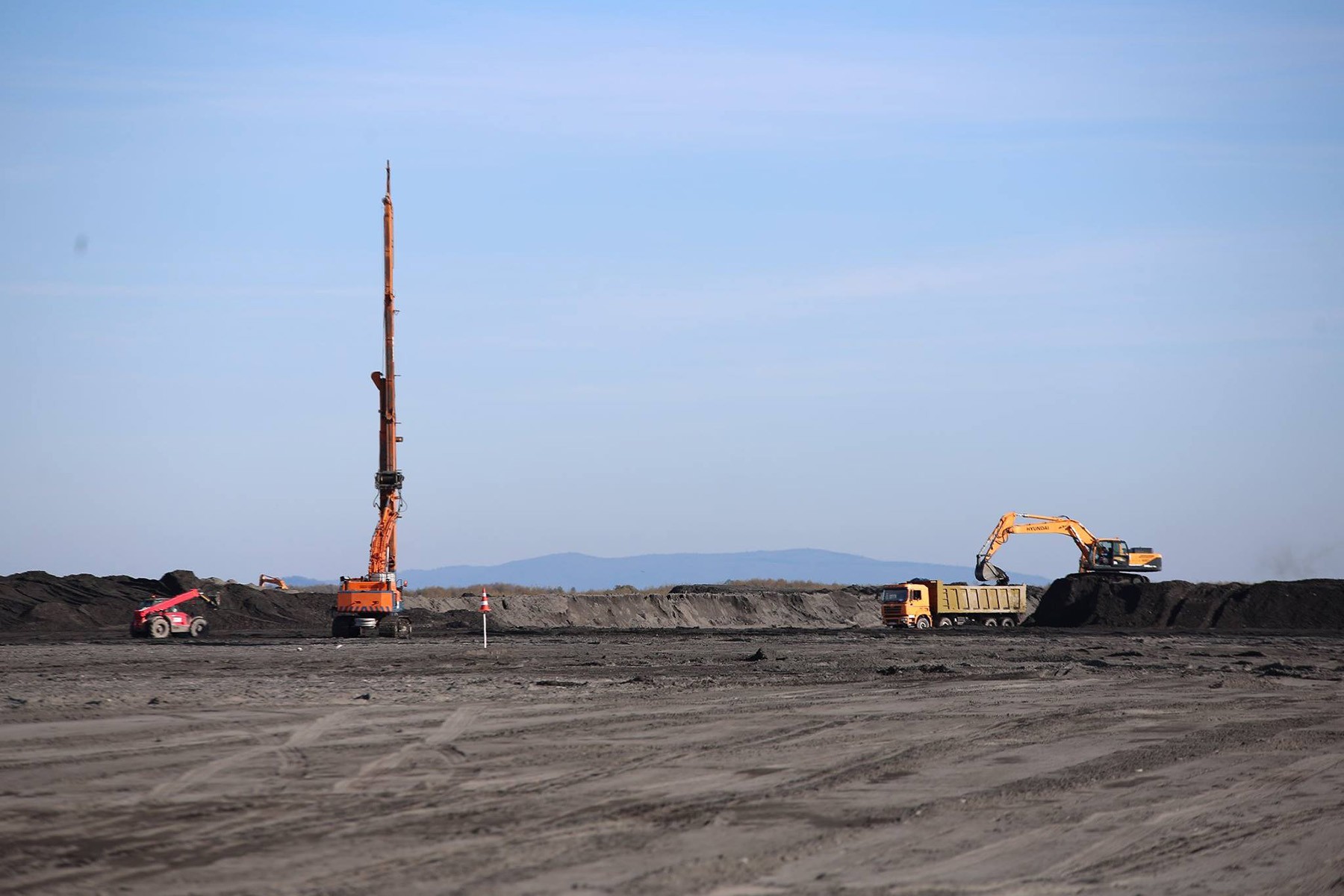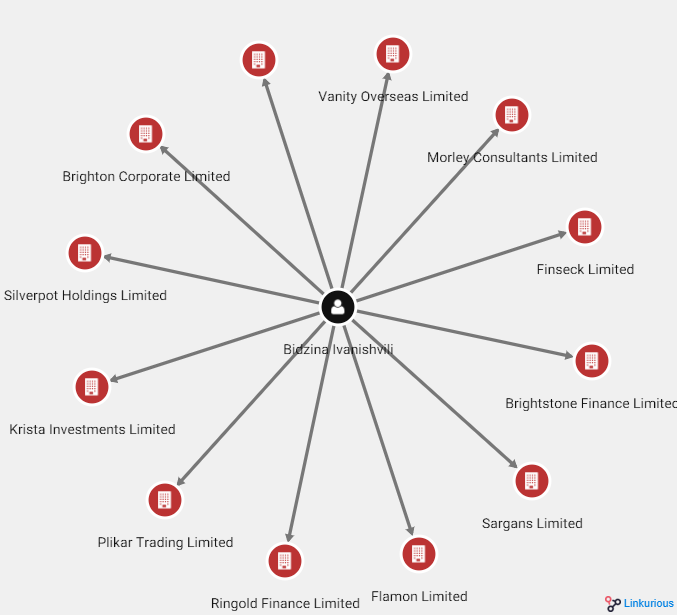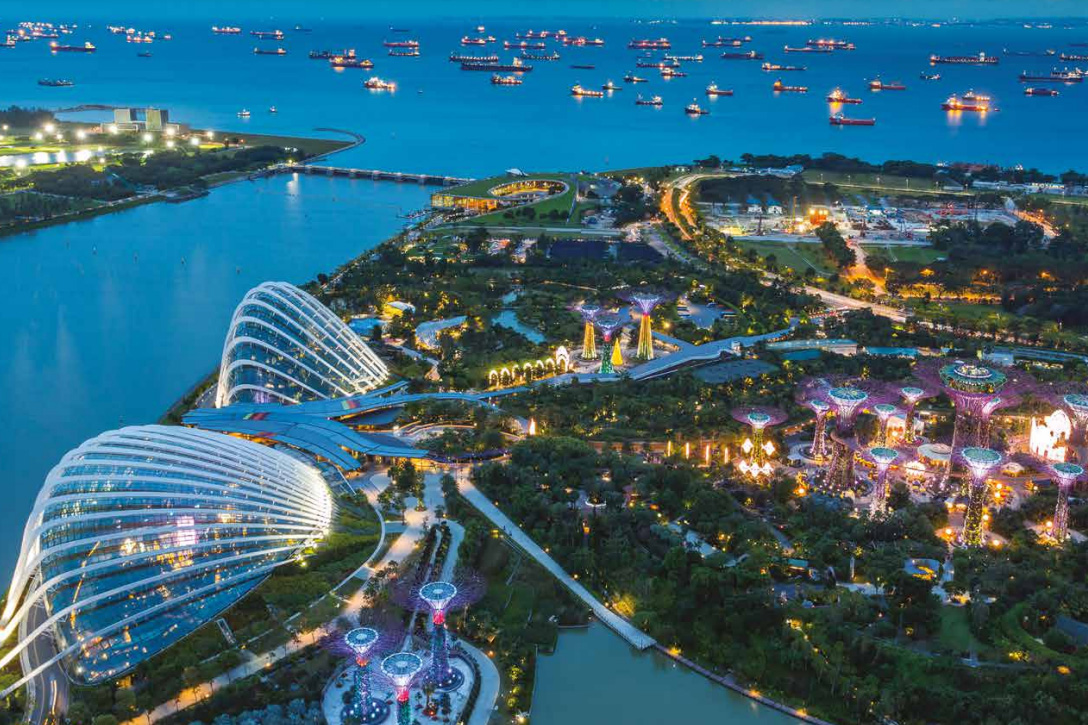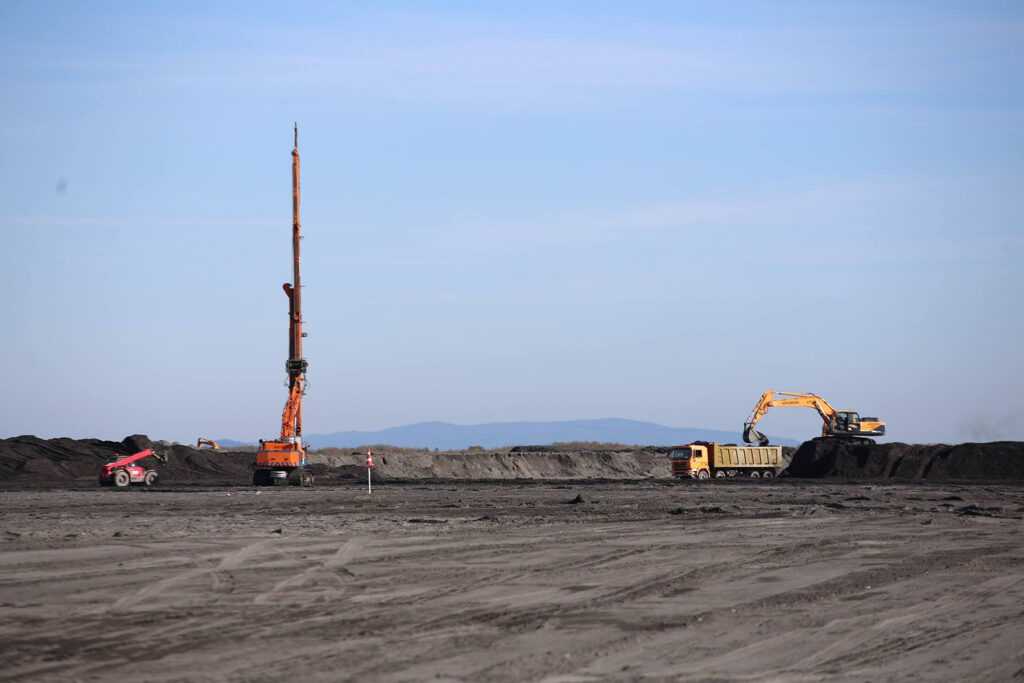
A dispute over the stalled Anaklia Deep Sea Port project has reemerged after revelations from the Pandora Papers suggested that Bidzina Ivanishvili, the founder of the ruling Georgian Dream Party, holds hidden interests in a rival project in the city of Poti.
The Georgian Government pulled its contract with the Anaklia Development Consortium (ADC) to build the $2.5 billion Anaklia port, dubbed the largest international port on the Black Sea, in January 2020.
ADC voiced their concern over Poti as early as in May 2019, when the Georgian government greenlit Poti’s expansion into a new deep-sea port in detriment to Anaklia — only to backtrack on it following the scandal it triggered.
Since 2019, numerous reports emerged pinpointing that problems with Anaklia port were connected with Bidzina Ivanishvili lobbying for the rival port project in Poti, a seaside town less than 30 kilometres south of Anaklia.
Despite the Georgian Government’s instances that they intend to find new investors to pursue the Anaklia project, the Pandora Papers suggest that Georgia’s wealthiest man, whom critics accuse of being the puppet master of local politics, might have other plans.
Ivanishvili’s name appeared alongside several current and former world leaders in the Pandora Papers, a cache of over 35 million documents from secretive offshore accounts leaked to the International Consortium of Investigative Journalists, appear to show
Among the 12 entities registered by Ivanishvili in the British Virgin Islands (BVI) from 1998–2016 is Brightstone Finance Limited, which through its 50% stake in another, company, Eurasian Invest LLC, is jointly managing the majority shareholder of the Poti Port project.

War of words
The revelations have led to a renewed war of words between the Anaklia Development Consortium (ADC) and the Georgian Government, with the ADC claiming it was yet more proof that Ivanishvili was personally invested in ruining the Anaklia project due to his stakes in the rival Poti port.
On Monday, Georgian Economy Minister Natia Turnava claimed that the arbitration ‘waged by previous investors’ against Georgia have complicated the construction of the project. Turnava signalled again that they supported the projects and would seek an international tender for ‘better investors’.
On 19 October, the ADC castigated the government for blaming a delay in the project on the Consortium. The ADC described Turnava’s comment as ‘practicing a revisionist history’.
The ADC underlined that they took the dispute to the International Court of Arbitration ‘only after the government’s aggressive and calculated campaign to destroy the project and its principal investors’.
‘As revealed by the Pandora Papers, there are those within the ruling Georgian Dream party that would suffer personal financial harm if the Anaklia project were to proceed at the expense of the Poti port expansion and the associated Poti Free Industrial Zone’, ADC said.

George Melashvili, President of the Tbilisi-based Europe-Georgia Institute, expressed doubt that any new developer would pick up the Anaklia project.
‘No sane, reliable investor that cares for their reputation will be willing to participate in any tender until the arbitration dispute is resolved’, Melashvili told OC Media. ‘It is hard to imagine any investor with an unblemished reputation would be willing to take such high reputational and financial risks’.
While not ruling out that geopolitical considerations were behind the dispute, Melashvili said it was ‘doubtless that this situation is damaging both Georgia’s image and reputation, and is creating a positive environment for Russia to achieve its own interests’.
‘Russia is always well known for its ability to utilise pre-existing divisions in target countries, deepen them and spin for its own benefit.’







